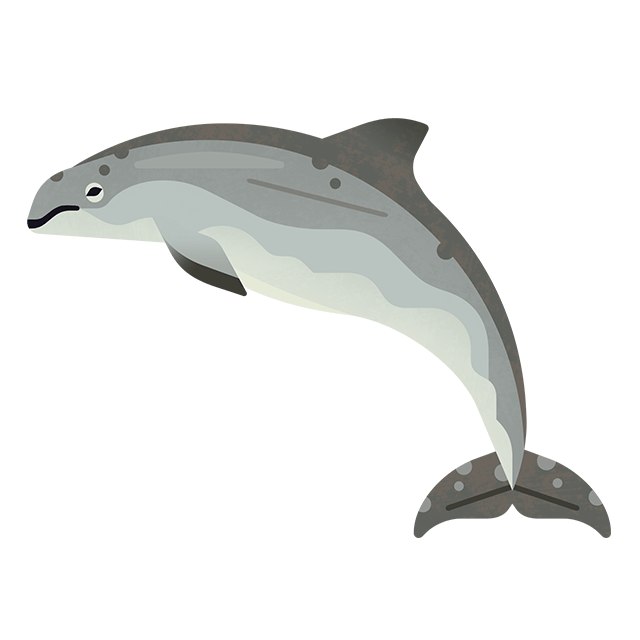
Wet wipes and sewage debris
Wet wipes and other sanitary items like pads and tampons end up on our beaches and in the environment as they’re often mistakenly flushed down the toilet.
Sewage-related debris
Items flushed down the toilet are called sewage related debris. They can enter the environment when sewers overflow due to heavy rainfall or insufficient capacity in the sewage network.
Wet wipes are one of the most common litter items we find on UK beaches.
Impact on marine life
Sanitary items often contain plastics which exist for long periods of time in the marine environment. The plastic gradually breaks down into smaller and smaller pieces, which are then eaten by marine life. This can impact feeding behaviour, growth, development, reproduction and lifespan.
What can be done?
We believe that stopping pollution at source is the most effective way to reduce the amount of sewage related debris entering the marine environment. We can do this by:
- Supporting consumers to move to reusable products, encouraging a circular economy.
- Banning all avoidable single-use plastic in wet wipes and other sanitary items, such as tampon applicators (where alternatives exist).
- Applying Extended Producer Responsibility (EPR) to all sanitary products (not just those that contain plastic) and clean-up costs.
- Making the water industry’s ‘Fine to Flush’ specification a legal requirement for flushable wet wipes.
- Improved labelling and consumer awareness to promote correct disposal.
Banning plastic in single-use wet wipes
After over a decade of campaigning, and countless hours spent by volunteers collecting vital data for Beachwatch – we are delighted by the announcement in April 2024 from all governments across the UK banning the supply and sale of single-use wet wipes containing plastic. A fantastic win for our seas!
By removing plastic from wet wipes we can move further away from our reliance on single-use plastics. Wet wipes should be considered similarly to items like cotton bud sticks and straws which are, in the most part, avoidable.


